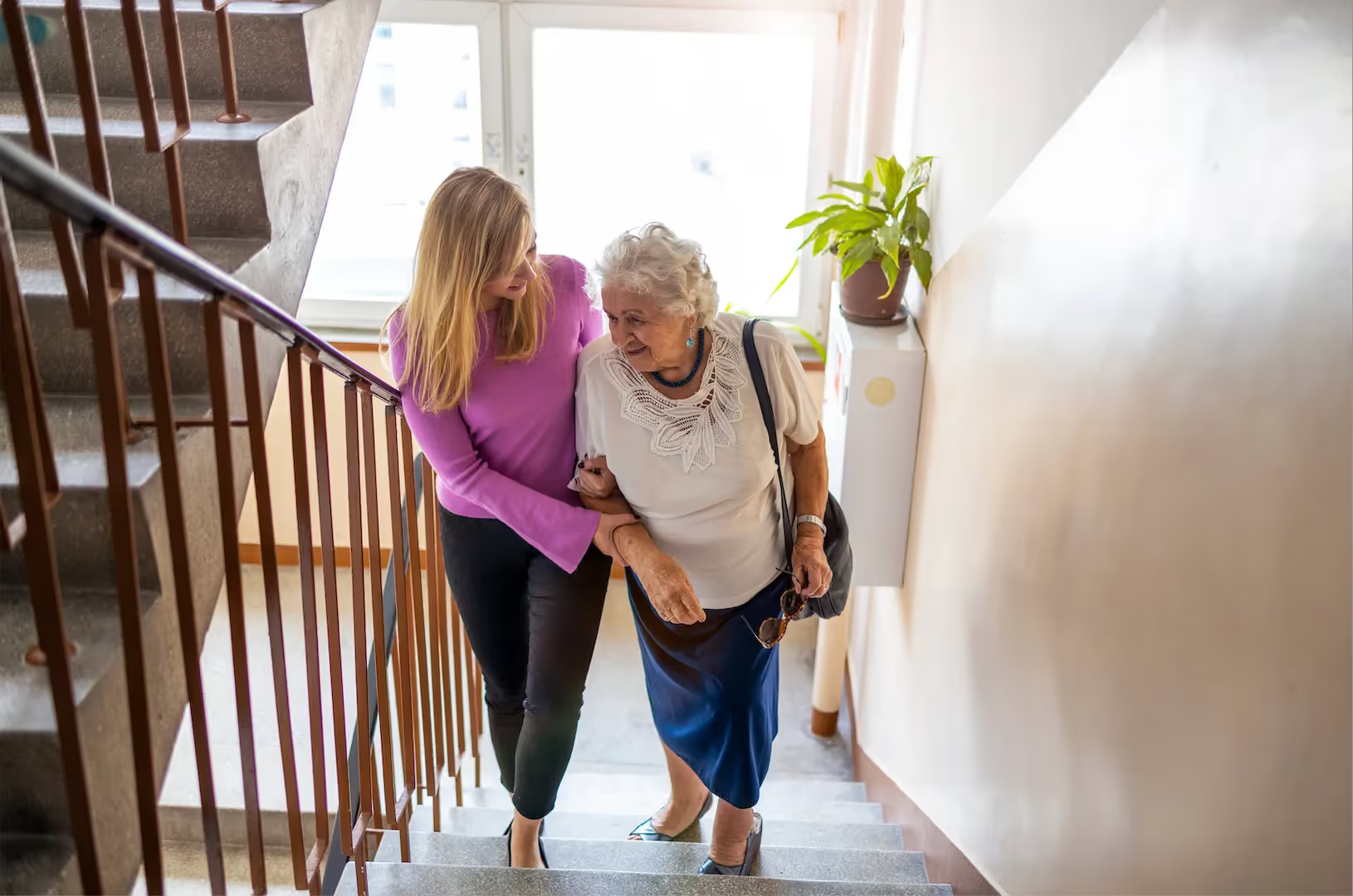
January 2, 2025
How to Define Light Housekeeping: A Caregiver's GuideDiscover what light housekeeping entails for caregivers. Learn tasks, tips, and its importance for senior well-being.
Read Article
When it comes to our loved ones, their safety and well-being are always at the top of our minds. This concern becomes even more significant when they are at home, where accidents or incidents can occur unexpectedly. To create a safe and secure environment for your loved ones, it's essential to take proactive measures.
At Fayer Family Homecare, we know how to care for your loved ones at home.
Here are six valuable tips that can help improve in-home safety.
The first step towards ensuring your loved one's safety is to conduct a thorough home safety assessment. Identify potential hazards such as loose carpets, slippery floors, or poorly lit areas. Check for any obstacles that might impede movement or cause falls. Additionally, make sure that fire alarms, carbon monoxide detectors, and emergency exits are functioning correctly. By addressing these issues, you can minimize the risk of accidents and provide a safer living environment.
Cluttered spaces can be dangerous, especially for individuals with mobility issues. Clear pathways and remove any unnecessary items that obstruct movement. Pay particular attention to areas such as hallways, stairs, and commonly used rooms. Secure loose rugs or carpets to prevent slipping, and make sure electrical cords are tidy and out of the way. Creating an organized and clutter-free environment will significantly reduce the risk of tripping or falling accidents.
For individuals with specific needs, consider installing assistive devices and modifications to enhance safety and accessibility. These could include handrails along staircases and in bathrooms, grab bars near toilets and showers, and non-slip mats or adhesive strips in the bathtub or shower. If necessary, lower shelves or install pull-out drawers in kitchen cabinets to improve reachability. These modifications can greatly enhance your loved one's ability to navigate the home safely.
Proper lighting is crucial for home safety, as it helps prevent accidents and enables better visibility. Replace dim or burnt-out bulbs, and consider installing motion-sensor lights in hallways, entryways, and outdoor areas. Nightlights in bedrooms, hallways, and bathrooms can be particularly helpful for those who may need to move around during the night. Adequate lighting not only reduces the risk of falls but also enhances overall security within the home.
If your loved one requires medication, it is vital to store them safely. Keep medications in a locked cabinet or drawer, out of reach from children or anyone who might accidentally take them. Additionally, ensure that hazardous materials such as cleaning products, chemicals, or sharp objects are properly stored and labeled. Implementing these precautions will minimize the chances of accidental ingestion or harm.
Having a clear communication plan is essential for emergencies or unexpected situations. Make sure your loved one has a reliable means of communication, such as a cellphone or medical alert system, readily available. Create an emergency contact list and display it prominently in the home. Discuss emergency procedures and evacuation plans so that everyone is prepared in case of fire, natural disasters, or medical emergencies. Regularly review and update these plans as needed.
The safety of our loved ones should never be taken lightly, especially within the confines of our own homes. By implementing these six tips you can create a secure environment that promotes well-being and peace of mind.
Of course, Fayer Family Homecare can also assist in keeping your loved ones safe at home. If you’re in the greater Pittsburgh area, contact us to see how we can help provide peace of mind to your family!
Remember, a little effort in preventative measures can go a long way in safeguarding your loved one's safety at home.
